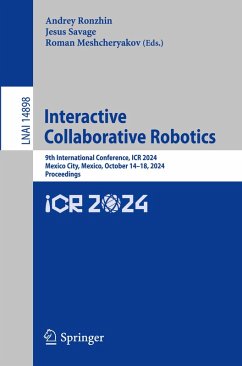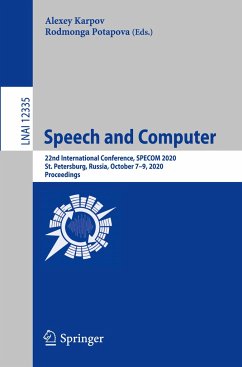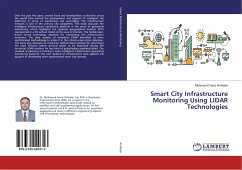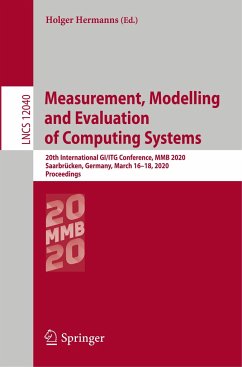
Smart Energy Building Blocks. Volume 2
Software support
Versandkostenfrei!
Versandfertig in 6-10 Tagen
62,99 €
inkl. MwSt.

PAYBACK Punkte
31 °P sammeln!
The digital transformations of energy systems are definitely enabled by software. This is particularly true in electricity systems in which more and more digital building blocks are incorporated in all layers of the networks and across the components. Volume 1 of this book describes hardware building blocks that can be used as components in building such smart energy systems. This volume describes the software support for such systems. It primarily relates to software infrastructure, thus making the generic distributed platform on which different application solutions can be implemented. On to...
The digital transformations of energy systems are definitely enabled by software. This is particularly true in electricity systems in which more and more digital building blocks are incorporated in all layers of the networks and across the components. Volume 1 of this book describes hardware building blocks that can be used as components in building such smart energy systems. This volume describes the software support for such systems. It primarily relates to software infrastructure, thus making the generic distributed platform on which different application solutions can be implemented. On top of this platform various complex software can be built, but in essence it relies on underlying software which consists of subsystems and services, including but not limited to, sensor networks (and IoT in general), data aggregation and storage, data processing, interoperability, cloud integration, etc. This monograph presents an analysis of various possibilities for smart energy software infrastructure.












